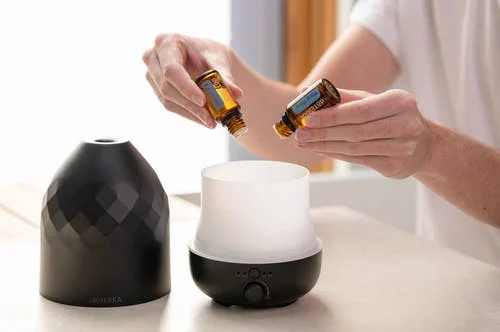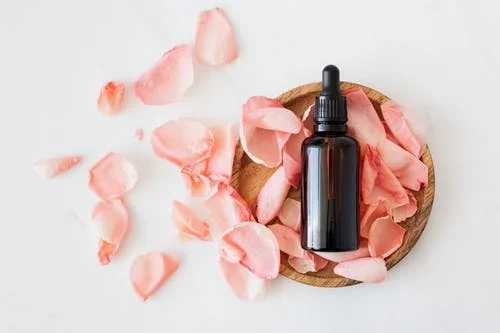Scented oils have been dominant in the fragrance industry for decades. They tend to sell rapidly and remain in demand for individuals who live an organic lifestyle. However, some oils are falesly marketed as natural when they actually contain various toxins. This article will help you understand the differences between organic and synthetic oils, as well as their purposes in the home and more.
What is an Aromatic Fragrance, and How Does It Work?
Fragrance oil is a lab-created substance that imitates a natural scent. It can contain an essential ingredient such as lavender which contributes to its aroma. Although it’s primarily known as a topical product, it also has various other uses. The oil penetrates the pores in the skin and provides a pleasant scent that can last for hours. Yet, it can be used as a deodorizer for materials, vehicles, and homes.

Not all oils are created equal. Some are authentic, while others are artificially manufactured. When some individuals purchase a supply, they’re clueless regarding the ingredients and usage. Also, they assume that each produces similar results and are safe for everyone. There are useless fragrance oils. Yet, others contain organic components and are better choices.
Synthetic
Synthetic oils are petroleum-based components and are dangerous to human health when inhaled and applied topically. During the production process, chemists manipulate an original compound to create an artificial version. An imitation is typically cheaper yet lacks beneficial elements and can pose a threat to the ecosystem.
Natural
Coconut, olive, and jojoba are only a few essential elements added to aromatic oils. Each is included in various hair and skin products and rank highly as effective and non-toxic. Unlike some oils that clog pores and aggravate dermal issues, natural oils are derived from plant extract. Some work best due to their low concentration level and are intended for external use. Not only are they safe for humans, but also for the environment.
Be aware of imitations in the marketplace and do your research before purchasing. Boastful claims of natural elements may conceal ineffective ingredients in an underwhelming product.
How to Incorporate an Oil Regimen
Depending on the scented oil of your choice and your intended usage, you may have to create a regimen that fits your needs. For example, you can choose either a minty substitute or fruity fragrance for your shampoo routine. Or, if you want to create a floral-scented perfume for daily use, rose or jasmine are suitable additives. Natural oils provide various healing properties for skin but all oils provide moisture which aids in peeling from dryness.

Oils are also helpful for household cleaning. All you need are a few drops in your staple liquid cleansing product to give it a unique aromatic scent. This method is excellent for weakening the strong smell of a bleach spray or disinfectant that is only available in undiluted form. A tolerable scent is gentler to the nose compared to items that cause illnesses due to regular usage.
Overall, the most crucial point is that oils are all-purpose, and their uses are endless. There are many creative ideas you can incorporate and combine with your other regular items.

